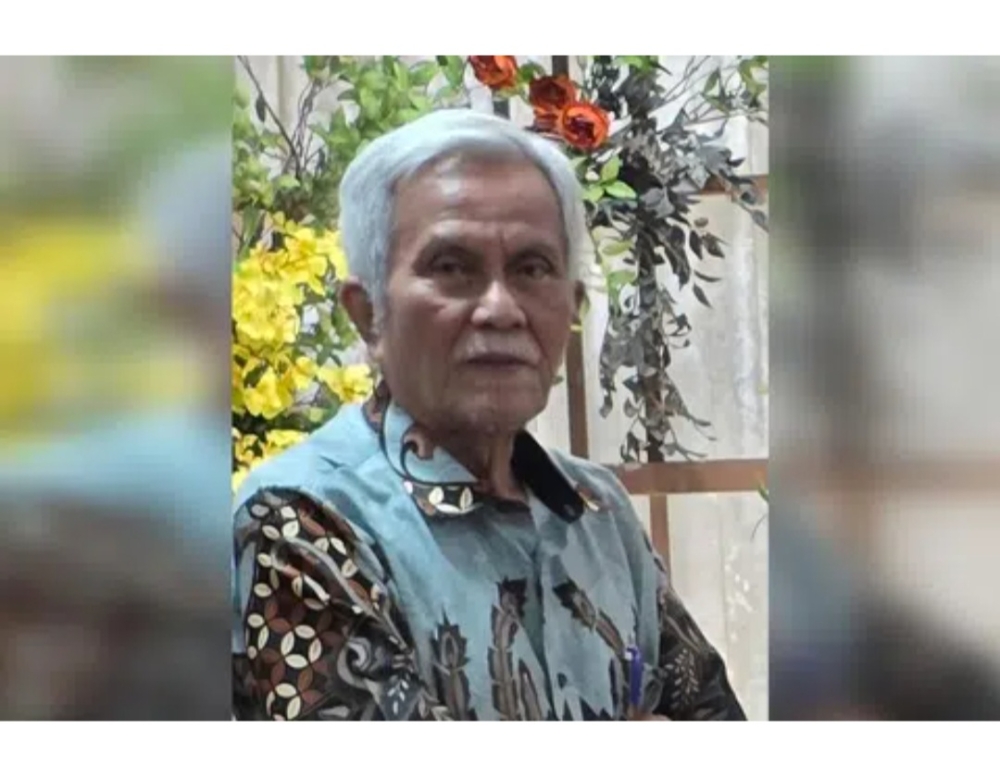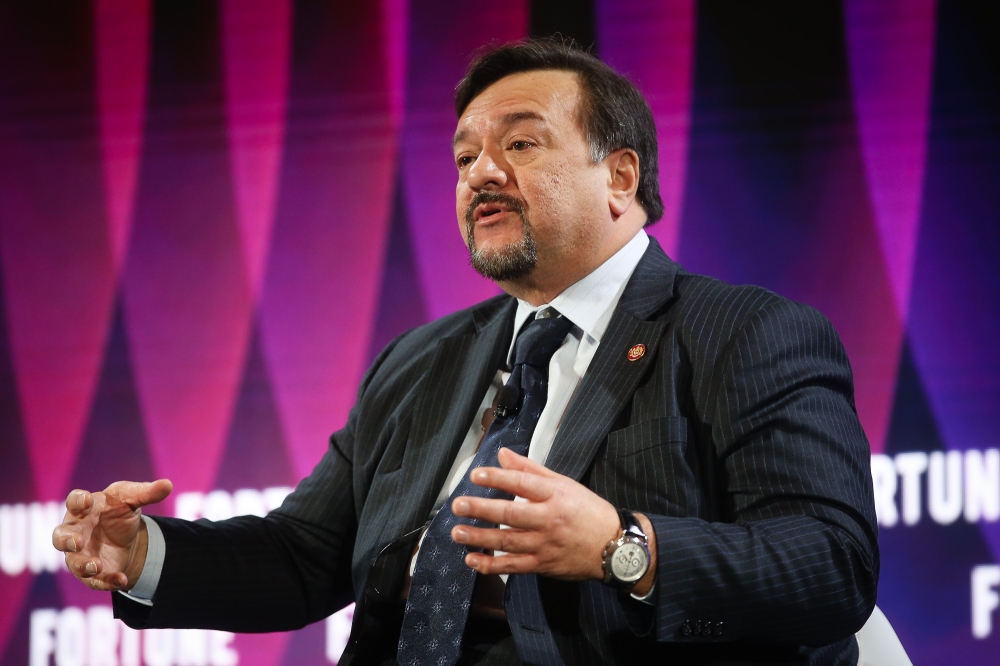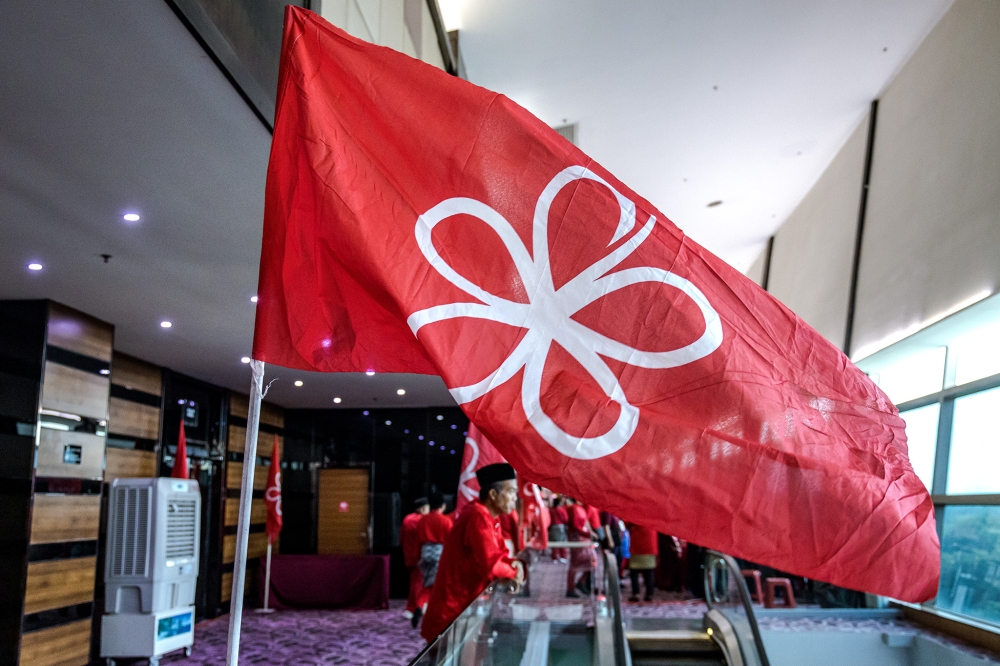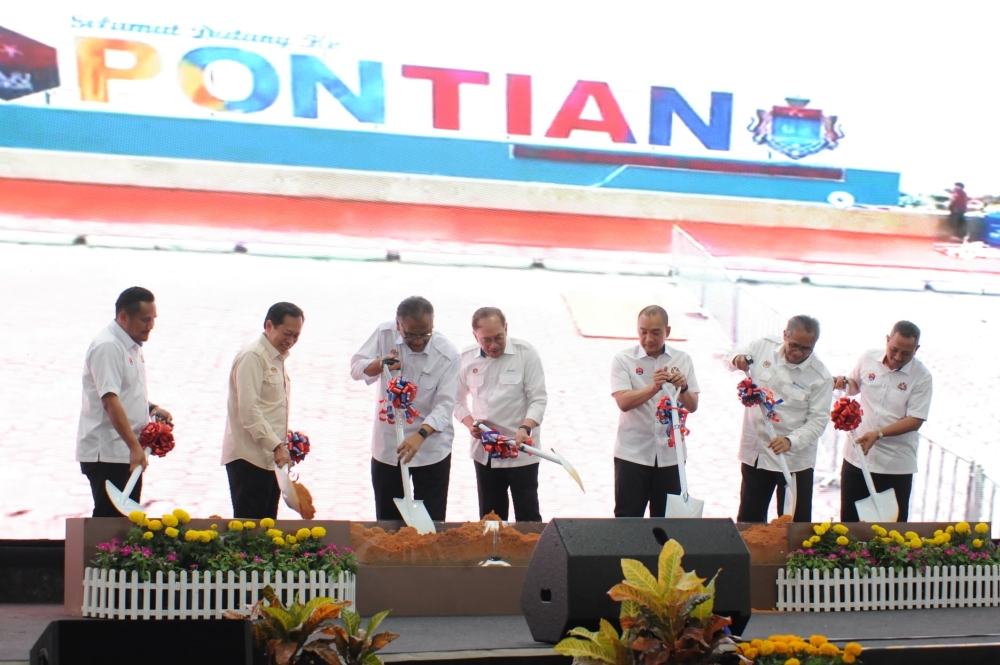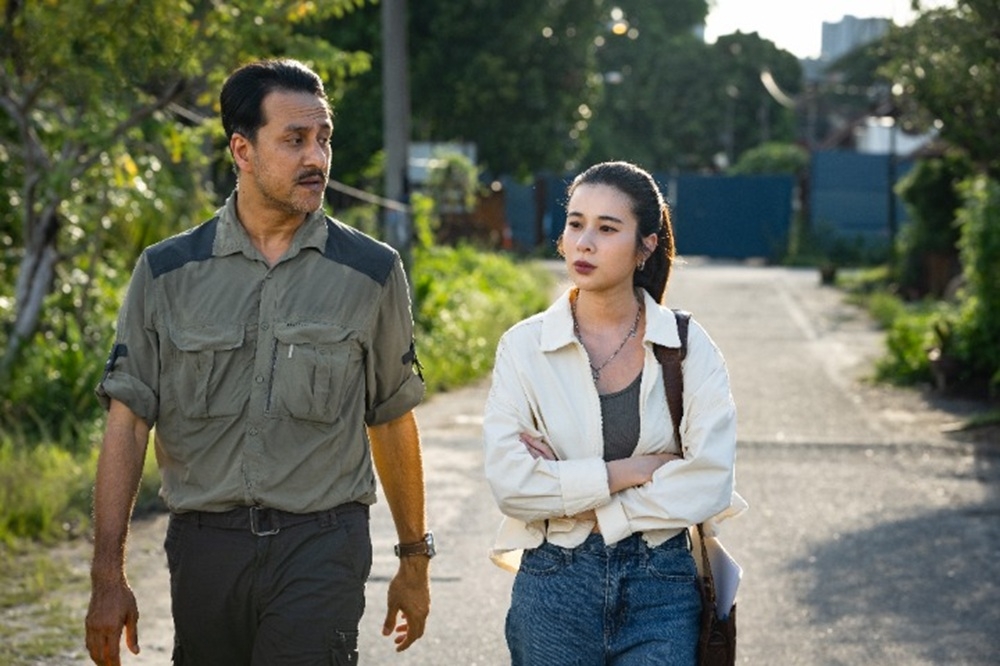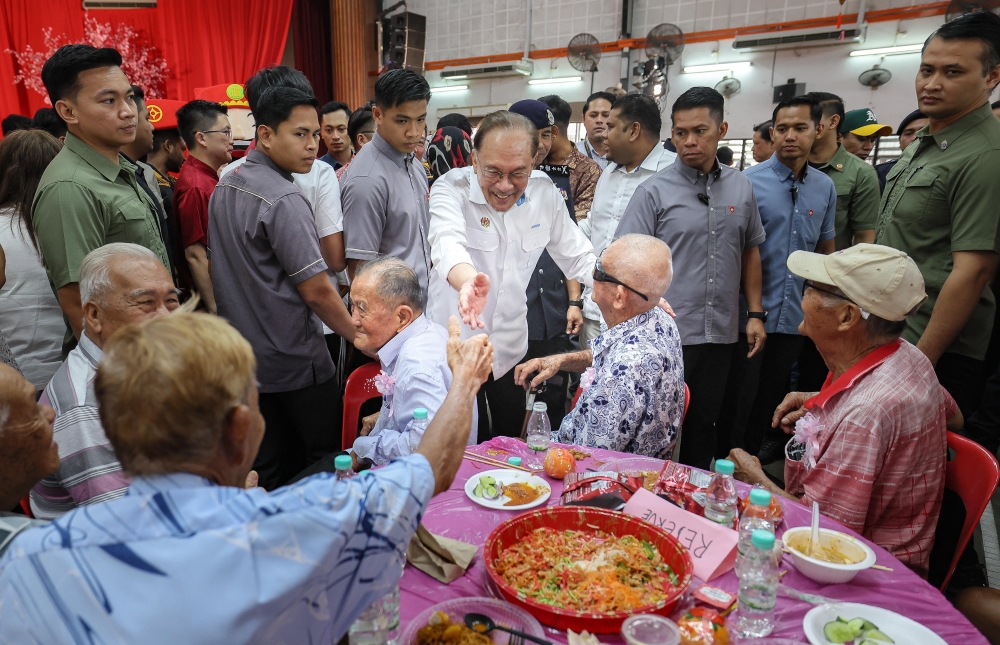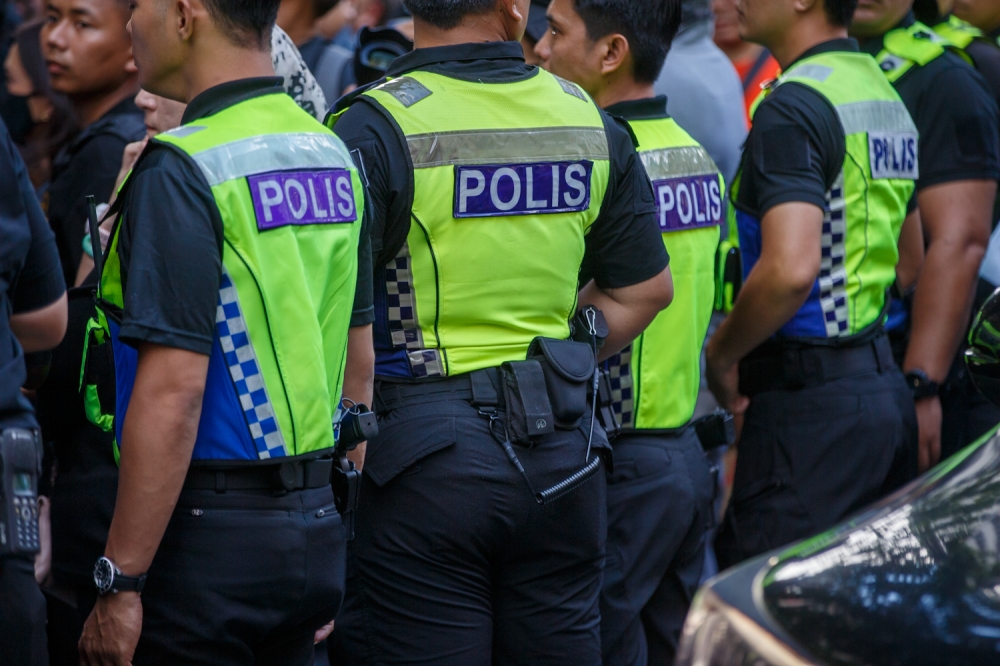SHAH ALAM, May 8 — The scene at Jalan Mat Raji in Padang Jawa here today is one that is synonymous with that at any Ramadan bazaar, save for the reduced number of people, owing to the Covid-19 pandemic.
While many of the stalls selling a wide variety of famous dishes, beverages, snacks, fruit and even seafood had displayed clear signs calling for social distancing, face masks and other requirements linked to personal hygiene, patrons were not necessarily fully conforming.
A check by Malay Mail both yesterday and today found that customers forming long queues for at least four stalls in the area failed to observe social distancing.
The stall owners, however, had put up clear notices urging their customers to do so, but adherence still seemed unlikely.

Some stall owners were also not wearing face masks and gloves, seeing how such items are a necessity when handling food for the masses.
At about 5pm, more people began pouring into the area, as evident from the snaking lines and the huge number of motorcycles parked near the stalls, with some choosing to wait while their partners queued for food.
On Tuesday, Harian Metro reported that as of 3pm, almost 500 people were going in and out of Jalan Mat Raji to purchase their breaking of fast or buka puasa meals.
During a media trip with the Selangor State Police Contingent (IPK) on the first day of the conditional movement control order (CMCO), the Malay daily reported the scene as “shocking”, as the narrow road was congested with cars, with some even bringing along their children on motorcycles without helmets.
The report stated that there was also no social distancing among patrons of the bazaar, and that many ignored the police presence.
During Malay Mail’s trip today, and as of 5.30pm, no police personnel were present in the area.
The government does not permit the operation of Ramadan bazaars this year, in a bid to bring the Covid-19 infection rate in Malaysia under control, and prevent a further outbreak. However, the stalls here, were operating from restaurant-like premises.
The new set of regulations for the CMCO was gazetted on May 3, and took effect on May 4 and will end on May 12.
It also states that the older set of regulations for MCO 4 has been revoked.
Under the new requirements’ Regulation 4, Malaysians may now move fairly freely about within any “infected local area” — otherwise known as states or federal territories, or in other words without crossing state borders — with only one restriction mentioned.
The only restriction named under Regulation 4 is that no one can enter or exit a place where an enhanced movement control order (EMCO) is in place, except for anyone providing healthcare and medical services, or anyone given permission to do so by an authorised officer.
This is markedly more relaxed than MCO 4’s regulations, which had carried a long list of specific conditions if anyone wants to move about within a state or federal territory, including only to get food, medicine, daily necessities, healthcare, medical services, essential services, or to perform official duty or essential services-related duty, or for necessary and essential infrastructure works.
Unlike the CMCO regulations, the MCO 4 regulations had also said such movements were limited to only within 10km of a person’s house when purchasing food, medicine, dietary supplements, daily necessities or other goods from essential services providers or to seek healthcare or medical services, with movements allowed beyond 10km to the nearest place if such items or services were not available within 10km of their home.
For those driving a private vehicle, the new regulations allow a maximum of four people in each — namely the driver and three passengers — provided that all four of them stay in the same house. The regulations do not state that they are required to be family members.
In explaining how the CMCO regulations differ from previous regulations, Senior Minister Datuk Seri Mohamed Azmin Ali yesterday said only prohibited activities would amount to an offence, while any activity not listed as a prohibited activity would be allowed during the CMCO period.







